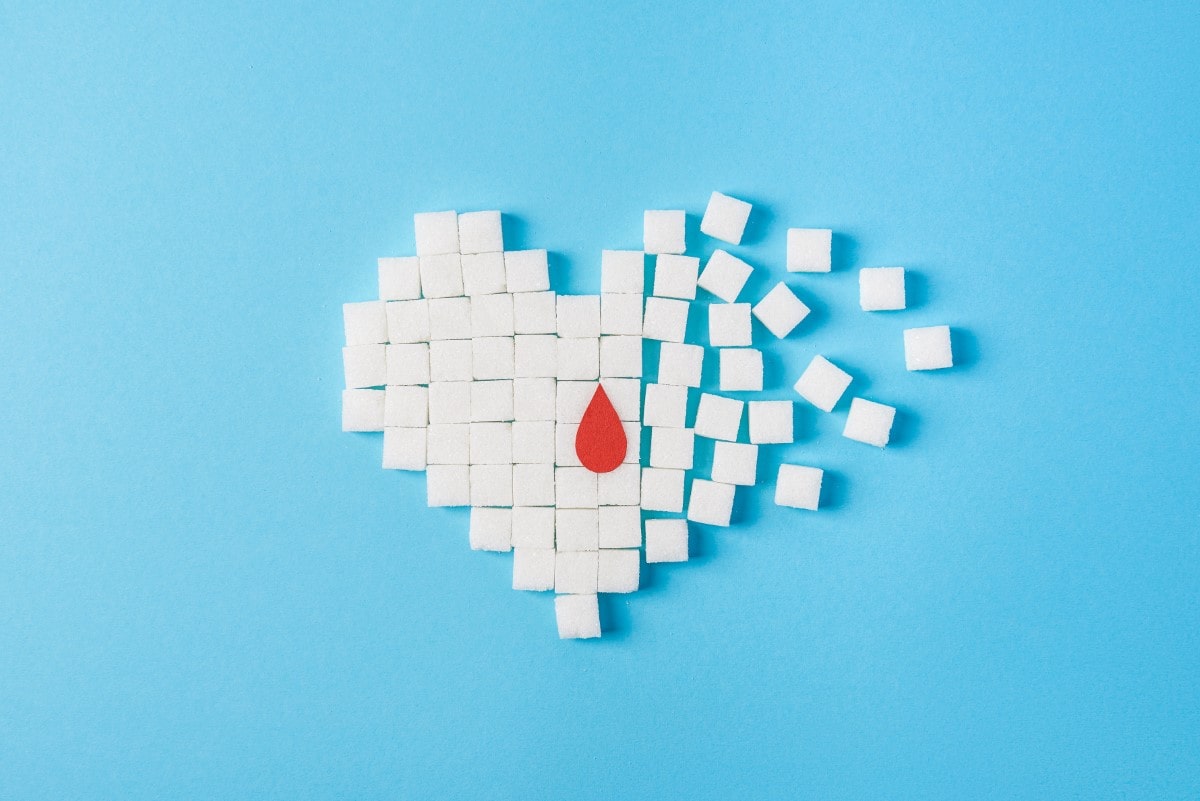
How Is Type 2 Diabetes Diagnosed?
In type 2 diabetes, the insulin hormone of the body cells becomes insensitive over time. It needs to increase the absorption of cells where it is used to generate energy from glucose during the bloodstream. As the cells become insensitive, the blood sugar level rises. Elderly individuals are mostly affected by diabetes. However, nowadays, young people are also being affected. Unlike type 1 diabetes, type 2 diabetes usually has fewer obvious symptoms and is therefore often detected late. Typically, atypical symptoms occur, such as fatigue, weakness, frequent urge to urinate, and poor performance.
Symptoms of Type 2 Diabetes
Itching
Constant feeling of hunger
weight changes
depressed mood
Recurrent urinary tract infections
delayed healing wounds
In order to detect type 2 diabetes early, you need to go to regular doctor checks and blood sugar measurements. The doctor will examine the blood, measure blood pressure, and check height and body weight. If diabetes is not noticed for years, it can cause various diseases. However, if the symptoms of diabetes are detected on time and treated accordingly, secondary diseases can be prevented.
Oral Glucose Tolerance Test
This test is used for the early diagnosis of diabetes, where blood sugar rises temporarily after eating, usually. Three days before the examination, a diet containing enough carbohydrates should be made and you should not smoke. The test is done in the morning on an empty stomach, so you should not eat anything for about 10 hours beforehand. If it is at least 200 mg/dl or 11.1, it means diabetes.
What is Done in the Treatment of Type 2 Diabetes?
The most important thing that diabetics should do during the treatment is to be patient. The first step in this area is definitely the regulation of eating habits. It may be necessary to change the lifestyle in order to regulate the eating habits. The person's new lifestyle must be exercise and movement, smoking should be stopped. If blood sugar does not fall within normal limits with this regular lifestyle, additional medication is continued. However, in some patients, drug therapy does not give effective results. In such cases, insulin therapy is started.
For all your questions, comments and suggestions,
you can contact us via the form below.
Gürlife Hastanesi
Obezite ve Diyabet Cerrahisi
Fevzi Çakmak Mah. Akınsel Sok. No:1
Tepebaşı Eskişehir
0552 200 59 69
+90 507 350 07 26 (EN)
You can reach us through our social media channels,
you can be informed about innovations.